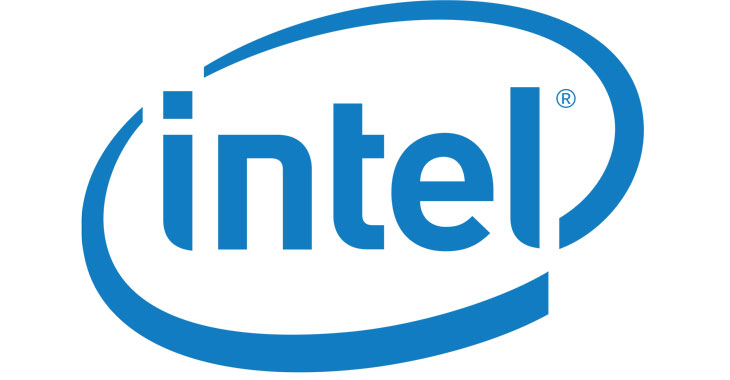
CPUs from Intel Corp.
In May 2020, a class-action lawsuit was filed against Intel Corp. for allegedly misleadingly representing that its central processing units (CPUs) for computers and mobile devices are secure when, according…
April 2018: Similar lawsuits were transferred to the same court to be heard together. Click here and here to read two of the transfer orders. (In Re: Intel Corp. CPU Marketing, Sales Practices and Products Liability Litigation, Case No. 18-md-2828, U.S. Judicial Panel on Multidistrict Litigation)
January – March 2018: Multiple class-action lawsuits were filed against Intel Corporation for allegedly misleadingly marketing the speed and security of its CPUs because, according to the complaints, the CPUs suffer from a security defect that allows hackers to access information on computers and devices and the “patch” to fix the problem slows the speed of the CPUs. Some of the complaints also allege that the “patch” does not fix the security defect. Click on the links below to read some of the complaints.
In May 2020, a class-action lawsuit was filed against Intel Corp. for allegedly misleadingly representing that its central processing units (CPUs) for computers and mobile devices are secure when, according…
Regulator finds TikTok ads misled consumers into thinking they could win real-world prizes.
An investigation into the menopause supplement industry by consumer advocacy organization truthinadvertising.org (TINA.org) has revealed a hotbed of deceptive advertising. The ad watchdog has amassed nearly 2,000 examples of problematic health…
How the supplement industry is taking advantage of women and what TINA.org is doing to fight it.
Proceed with caution when it comes to menopause marketing.
TINA.org joins push for more transparency in food labeling.



